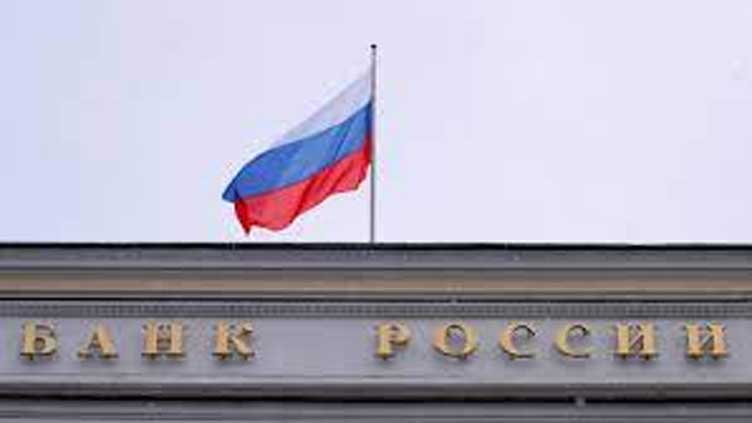Russia presents 30 state companies for possible privatisation

World
Russia presents 30 state companies for possible privatisation
MOSCOW (Reuters) - The Russian state may reduce its shareholding in some large companies while maintaining a controlling stake, and has listed about 30 companies for possible privatisation, Russian Finance Minister Anton Siluanov said on Thursday.
Shunned by Western capital, Moscow is seeking ways to foster more domestic private investment, increase economic efficiency and, ultimately, bolster budget revenues as it ramps up spending to fund its war in Ukraine.
"The ministry has made proposals to the government on large companies where the state's share is more than 50%, and proposed reducing the share without losing a controlling stake," Siluanov said in an interview on Russia 24.
"And this could be tens, hundreds of billions (of roubles)," he said, adding that the list was with the government and still required further discussion.
"There are around 30 large companies where it is possible to consider lowering the state's share and replacing it with private business."
It was not immediately clear which companies might be included.
The state owns many companies outright, and Siluanov said the presence of private shareholders would reduce costs and stimulate companies to be more profitable.
NEW GROWTH MODEL
The idea of privatisation has been championed by Andrei Kostin, head of the state bank VTB (VTBR.MM), Russia's second-largest lender.
Earlier this year, Kostin said Western sanctions had destroyed elements of Russia's economy that had taken 30 years to build, and that it needed to create a new growth model through privatisations, reallocated budget funds and more state debt.
Kostin named the oil pipeline monopoly Transneft (TRNF_p.MM), Russian Railways, Russian Post and the state industrial conglomerate Rostec as possible candidates.
The government injected 162 billion roubles into Russian Railways in November, days after a handful of state-owned firms came cap in hand seeking financial support to cope with high-interest rates.
Deputy Finance Minister Alexei Moiseev has previously said Russia needs to create a market of domestic investors as foreigners leave, to avoid a repetition of the state auctions that led to the creation of oligarchs in the 1990s and a vast gulf between the super-rich and ordinary Russians.


